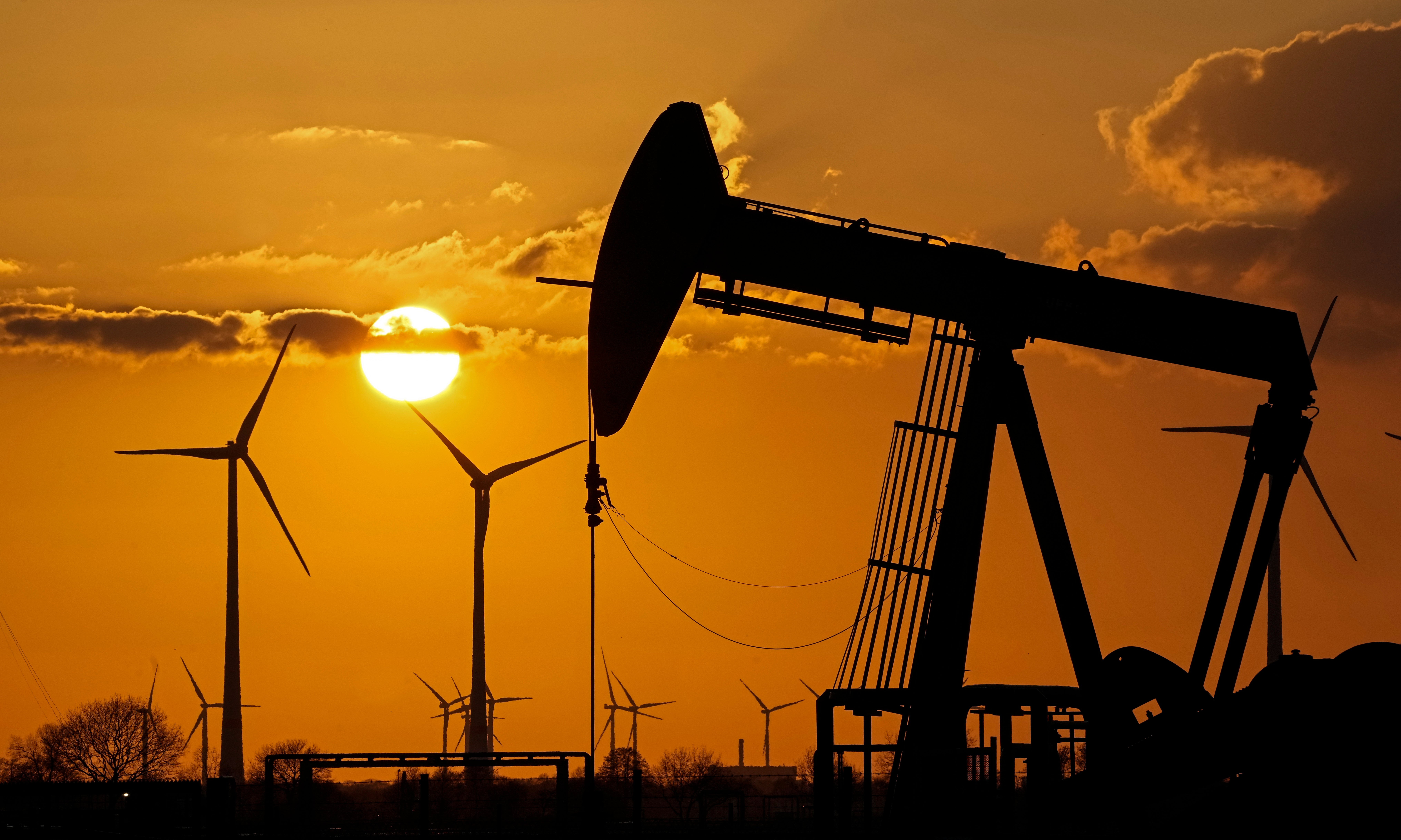What will it mean for petrol prices after Saudi Arabia cut oil production?
Brent crude oil is trading close to $85 a barrel, jumping by almost 6 per cent.

Oil prices have shot up after several of the world’s largest oil exporters announced surprise cuts to their production.
The cuts by Saudi Arabia, Iraq and several Gulf states total 1.15 million barrels per day from May until the end of the year.
In the wake of the announcement, the price of Brent crude oil was trading close to $85 a barrel, jumping by almost 6 per cent.
Amid concern from economists that the bump in oil prices could prolong the misery at UK forecourts, the RAC said it does not expect petrol prices to rise unless the higher oil price is sustained over several days.
RAC fuel spokesman Simon Williams said: “While the surprise decision by oil producer group OPEC+ to cut oil production next month has caused the price of oil to jump to $85 a barrel for the first time since early March, the big question is whether retailers will raise their pump prices, and if so how quickly.
“In reality, any sudden increase in the cost of oil shouldn’t result in a rise in the UK average price of petrol for a fortnight, unless of course the barrel price stays higher for several days.
He added: “It’s a very different story for diesel as it’s been seriously overpriced for weeks due to retailers taking far bigger margins than normal on the back of its lower wholesale cost, so there’s no justification for any upward movement in its price.”
The AA also said that any raising of prices at the petrol pumps would depend on the current increase in oil prices continuing in the coming days.
Luke Bosdet, AA spokesman on pump prices, said there were three factors at play with the oil price increase: any possible US demand in the coming months, a reduction in motorists’ fuel consumption over summer, and the cost of diesel.
Mr Bosdet told The Independent that the industry’s rule of thumb is that for every $2 change in the value of oil there is a 1p change at the pump, when the £/$ exchange rate remains constant.
“You are therefore looking at a 3p-5p increase in the litre price of petrol, if the current jump in oil price is sustained,” he explained.
In addition, the next two months mark the start of the US motoring season, and the country starts to pull in cargoes of gasoline to meet the expected increase in demand.
This is a seasonal trend that always pushes up the cost of petrol. But Mr Bosdet said that “if economic conditions lead to the US consumer not using as much petrol as usual, that value then falls off later in the summer.”
And there is more hope of light relief on the horizon, with the switch from winter to summer driving.
Motorists’ cars “are less thirsty” over the summer, since the use of wipers, lights and heaters is less common, and the engine oil isn’t as cold at start-up, Mr Bosdet said.
“If your car regularly does 40mpg, you can expect every 1 mpg reduction in fuel consumption from better engine efficiency to save you 1p a litre. A 3 mpg improvement is very likely for most drivers,” he said.
Diesel, meanwhile, has been over-priced for some time, Mr Bosdet said.
“On Friday, petrol at wholesale level was 4p a litre more expensive than diesel. We expect diesel’s pump price to keep falling – if the fuel trade does the right thing, he added.
In the meantime, Mr Bosdet urged drivers need to keep their eyes open for forecourts holding back the price increases.
Join our commenting forum
Join thought-provoking conversations, follow other Independent readers and see their replies
Comments




Bookmark popover
Removed from bookmarks